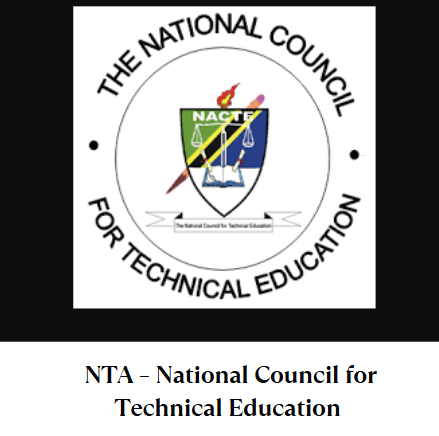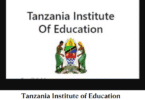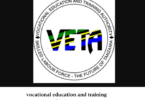The National Council for Technical Education, commonly referred to as NACTE, is a key government agency responsible for overseeing technical and vocational education in Tanzania. NACTE was established under Act No. 9 of 1997 to coordinate, regulate, and assure the quality of non-university tertiary education. In short, if you are studying for a certificate, diploma, or applied bachelor’s degree at a technical college or training institute in Tanzania, NACTE is the body that ensures your education meets national standards.
The Role of NACTE
NACTE’s main role is to ensure that technical education in Tanzania is delivered properly. Its responsibilities include:
- Registering and accrediting institutions to ensure they meet quality standards
- Approving curricula so that course content matches the needs of the job market
- Monitoring quality assurance to make sure students graduate with relevant skills
- Coordinating the qualifications framework so that different levels of education (from certificates to advanced diplomas) are structured
NACTE awards are grouped under the National Technical Awards (NTA) framework. This ranges from NTA Level 4 (technician certificate) up to NTA Level 8 (bachelor’s degree in technology or applied fields).
Programmes and Faculties Regulated by NACTE
NACTE does not offer courses itself — it accredits and monitors the institutions that do. Here’s a breakdown of the common faculties and the types of courses you will find in NACTE-recognised colleges.
Engineering and Technology
This is one of the largest areas under NACTE’s supervision. Typical programmes include:
- Civil Engineering
- Mechanical Engineering
- Electrical and Electronics Engineering
- Computer Engineering
- Telecommunication Engineering
- Automotive Engineering
- Mining Engineering
These are offered at institutions like Arusha Technical College (ATC), Dar es Salaam Institute of Technology (DIT), and other regional polytechnics.
Health and Allied Sciences
NACTE also oversees many health colleges that train frontline health workers. Common courses include:
- Clinical Medicine (certificate and diploma)
- Nursing (certificate, diploma, and advanced diploma)
- Pharmacy
- Medical Laboratory Sciences
- Radiography
- Health Records and Information Technology
Colleges such as Kibaha Health Training Institute, St. John’s School of Nursing, and many district-level health colleges fall under this category.
Business, Management, and Finance
Technical institutions across the country offer programmes such as:
- Accountancy
- Business Administration
- Procurement and Supply
- Marketing
- Human Resource Management
Examples of these institutions include the Tanzania Institute of Accountancy (TIA) and the College of Business Education (CBE).
Agriculture and Natural Resources
Programmes in this area focus on practical agricultural skills, animal production, and resource management. Courses include:
- General Agriculture
- Animal Health and Production
- Forestry
- Fisheries and Aquaculture
These are offered at colleges such as the Ministry of Agriculture Training Institutes (MATIs), the Forestry Training Institute, Olmotonyi, and the Fisheries Education and Training Agency (FETA).
Information and Communication Technology (ICT)
ICT and computer studies have become increasingly popular. Common courses include:
- Information Technology
- Software Engineering
- Computer Systems and Network Administration
Many regional technical colleges and institutes, such as DIT, offer these programs.
Hospitality and Tourism
For those interested in the tourism sector, there are courses such as:
- Hotel Management
- Tourism Operations
- Food and Beverage Production
- Tour Guiding
The National College of Tourism (NCT) is a key player in this field.
Technical Teacher Education
NACTE also oversees technical teacher training for those who will go on to teach in technical colleges or vocational centres. An example is Morogoro Vocational Teachers Training College (MVTTC).
Why NACTE Accreditation Matters
Studying in a NACTE-accredited institution means:
- Your qualification is officially recognised in Tanzania and often across the East African region
- You can apply for jobs in both the government and private sectors without your certificate or diploma being questioned
- You may qualify for loans or grants from the Higher Education Students’ Loans Board (HESLB) if your programme is eligible




